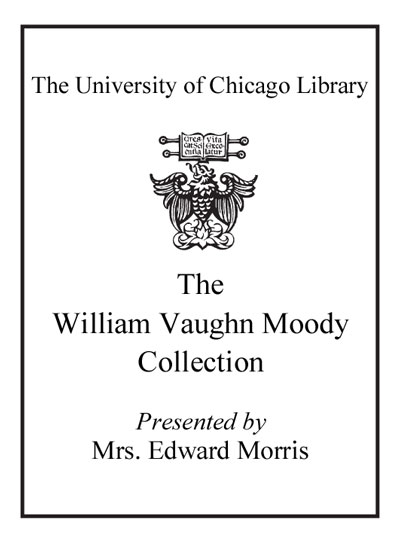| Summary: | "Kay Boyle knew everybody. In a long life (1902-1992) spent in motion between the United States and Europe she was the friend of Robert McAlmon (whose Being Geniuses Together she supplemented), with Harry and Caresse Crosby (founders of The Black Sun Press), Peggy Guggenheim and Max Ernst (with whom she fled World War II France), Marianne Moore, William Carlos Williams, Janet Flanner, Katherine Anne Porter, and a host of other powers and talents. Twice recipient of the O. Henry award for the best short story of the year (in 1935 for "The White Horses of Vienna" and 1941 for "Defeat"), Boyle was also an early contributor to Harriet Monroe's Poetry and published novels in every decade between the 1930s and 1990s. She published more than forty books, including fourteen novels, eleven collections of short fiction, eight volumes of poetry, children's books, memoirs, and translations. Throughout her life Boyle wrote letters. Boyle was a foreign correspondent for The New Yorker from 1946 until 1953, when she and her Austrian husband were caught by McCarthy's red scare. Her famous correspondents include William Carlos Williams, Ezra Pound, Richard Wright, Djuna Barnes, Alfred Stieglitz, Katherine Anne Porter, Howard Nemerov, Jessica Mitford, and Louise Erdrich. Kay Boyle: A Twentieth-Century Life in Letters gathers hundreds of her letters to tell in her own words the excitement, frustrations, intrigues, dangers, and satisfactions of the intersecting careers of Boyle and her friends. Candid and canny, Boyle wrote with freedom and wit, haste, ire, and affection. Her letters reveal as nothing else can her involvement with writing and writers"--
|
|---|

